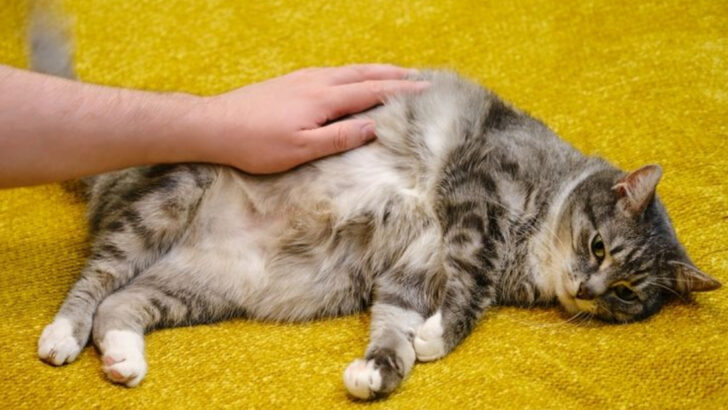Your pet can’t say, “Something’s wrong.”
But their body? Their behavior? Loud and clear.
That weird cough?
Not just allergies.
The sudden hiding, the skipped meal, the limp you hoped would vanish on its own—these could all be red flags waving in your face.
Waiting it out might feel easier.
Maybe you’ve Googled symptoms or asked a friend who “knows animals.”
But here’s the truth: time matters, and your pet can’t afford to wait.
Some signs are subtle. Some scream for help.
All of them could mean the difference between a quick fix and a serious emergency.
This isn’t about overreacting. It’s about not reacting too late.
Let’s break down the signals that say: call the vet—this week, not next month.
Unusual Lethargy

When your usually energetic pet suddenly becomes unusually lethargic, it’s a red flag. They might sleep more than usual, show little interest in playtime, or lack enthusiasm during walks.
Lethargy can be more than just a lazy day; it might be a symptom of underlying health issues, such as infections or metabolic disorders. Pay attention to how long this behavior persists.
If your pet’s energy levels don’t bounce back quickly, it may be time to consult your vet. Don’t ignore this change, as early intervention can be crucial for recovery.
Sudden Weight Loss
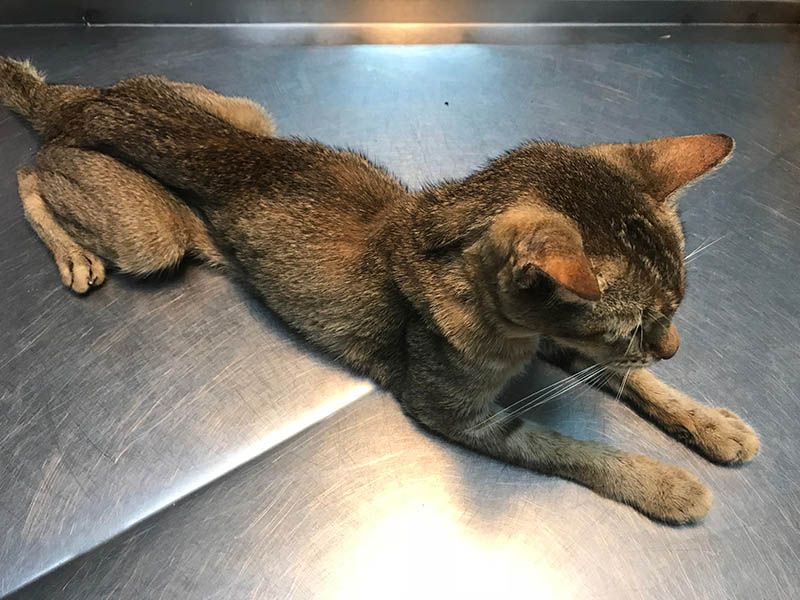
Noticeable weight loss in a pet, despite a regular diet, can be concerning. This change might not always be linked to decreased appetite.
Conditions such as diabetes, hyperthyroidism, or parasites could be at play. Carefully monitor their eating habits and any other accompanying signs like vomiting or diarrhea.
If your pet continues to lose weight without explanation, a veterinary checkup is warranted. Quick action can help diagnose and treat potential disorders, preventing further health complications.
Persistent Vomiting

While occasional vomiting might not be alarming, persistent vomiting definitely is. It can indicate various health issues ranging from minor stomach upsets to severe conditions like kidney disease.
Look out for frequency, presence of blood, or any additional symptoms like lethargy.
If your pet vomits repeatedly over 24 hours, it’s crucial to seek veterinary advice. Timely diagnosis can prevent dehydration and identify the underlying cause, ensuring your pet gets the necessary care.
Unexplained Limping

Limping can result from various reasons, including injuries, arthritis, or ligament tears. An unexplained limp that doesn’t fade with rest should be addressed promptly.
Observe if your pet avoids putting weight on the limb or shows signs of pain when touched.
A visit to the vet can help determine the cause and offer relief through medication or other treatments. Don’t delay, as untreated injuries can lead to more severe issues.
Excessive Scratching or Biting

Frequent scratching or biting isn’t just a nuisance; it could signal allergies, parasites, or skin infections.
Check for redness, hair loss, or unusual odors around the affected area. These symptoms may worsen without intervention.
Consulting a vet can help identify the root cause and provide appropriate treatment to alleviate your pet’s discomfort, preventing further complications.
Changes in Bathroom Habits
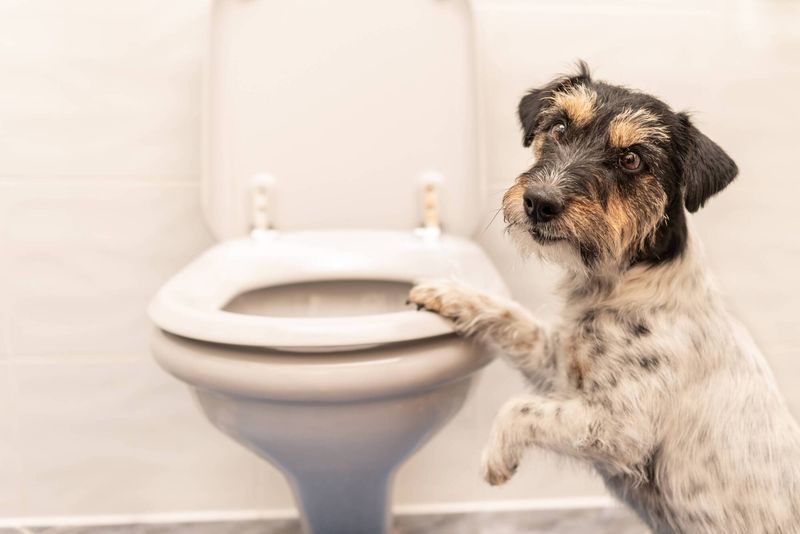
Altering bathroom habits, like frequent urination or straining, can signal urinary tract infections or digestive issues.
Monitor any changes in consistency, color, or smell of waste. Such signs should not be ignored, as they can indicate serious health concerns.
By consulting with your vet, you can address these issues early, ensuring your pet’s comfort and well-being.
Bad Breath
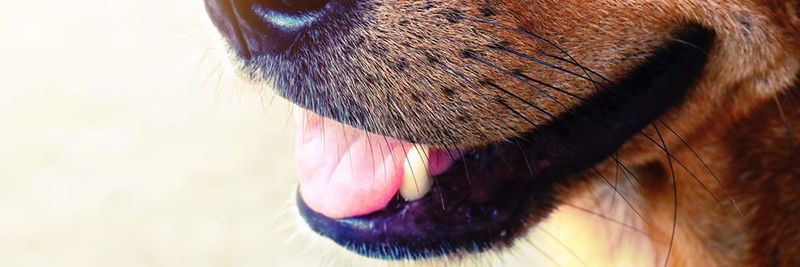
Bad breath isn’t merely a nuisance; it can indicate dental disease or other health issues.
Examine your pet’s mouth for tartar buildup, red gums, or loose teeth. These signs can lead to further complications if untreated.
A vet visit can help maintain oral hygiene and overall health. Early dental care can prevent pain and more serious conditions down the line.
Swollen Abdomen
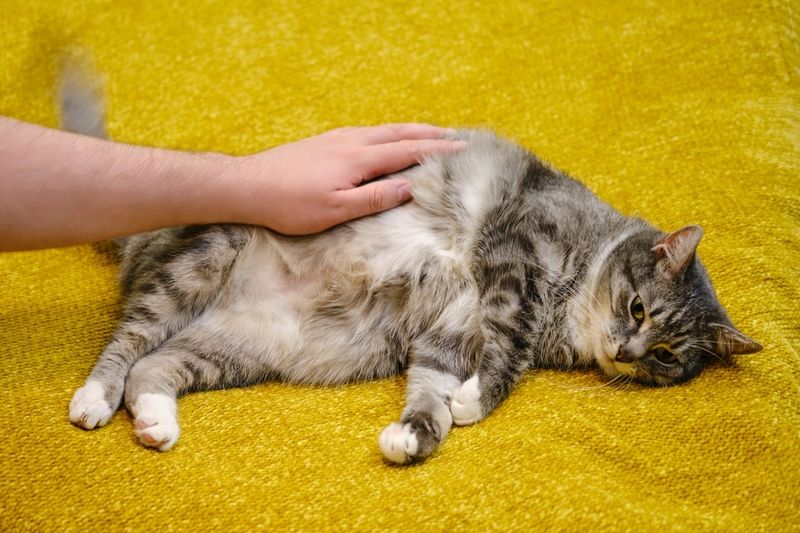
A swollen abdomen in your pet can be alarming, as it might be a sign of conditions like bloating, tumors, or internal bleeding.
Observe if your pet shows signs of discomfort, restlessness, or difficulty breathing.
Prompt veterinary attention is crucial to diagnose the issue accurately and provide necessary care. Early intervention can be life-saving in many cases.
Coughing or Wheezing
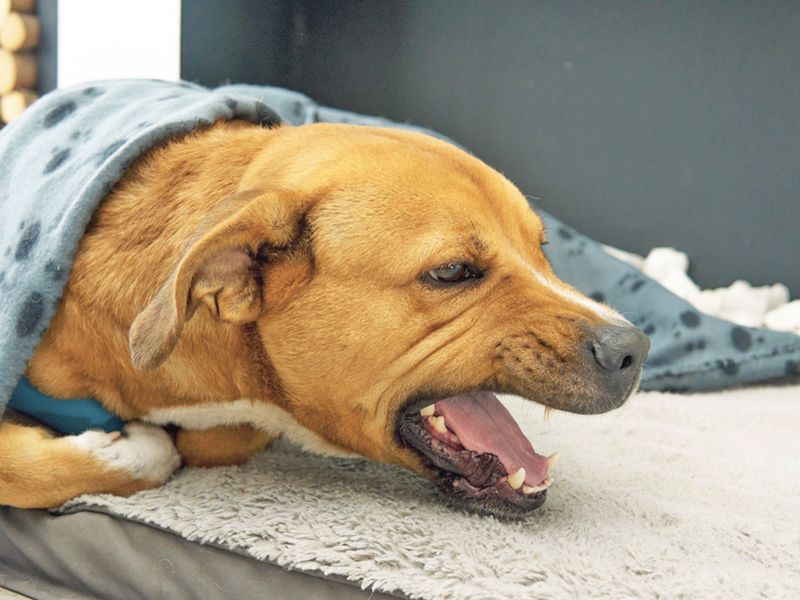
Coughing or wheezing, especially if persistent, can indicate respiratory infections or heart issues.
Monitor the frequency and any associated symptoms like lethargy or nasal discharge.
Consulting a vet can determine the underlying cause and provide appropriate treatment. Addressing respiratory issues early can prevent more severe health problems.
Sudden Aggressiveness
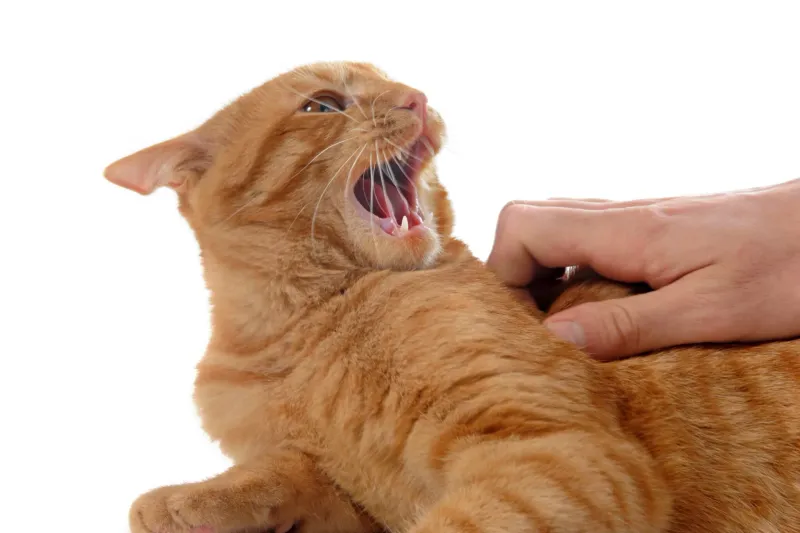
Sudden changes in behavior, like increased aggressiveness, can be a sign of pain or fear.
Observe if your pet shows unexpected aggression towards familiar people or animals. It might be a sign of underlying health conditions or stress.
A vet’s assessment can help determine the cause and guide you in managing your pet’s behavior effectively.
Difficulty Eating or Drinking
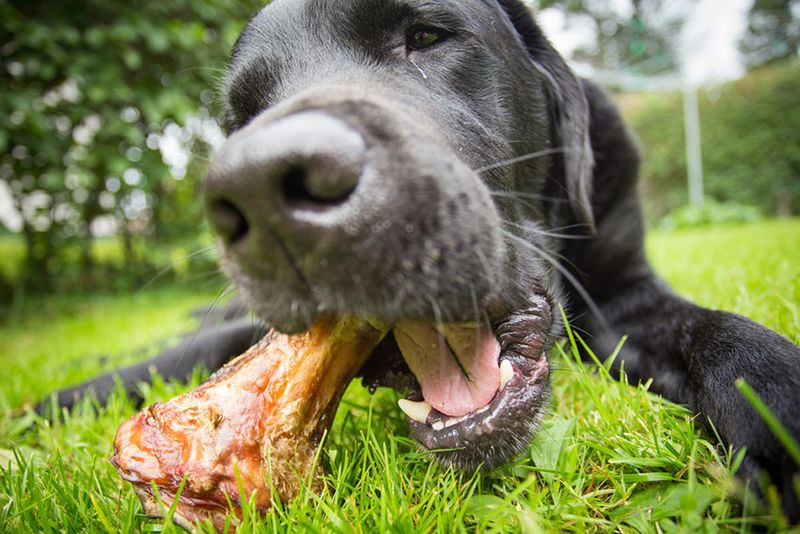
If your pet suddenly has trouble eating or drinking, it could signal dental issues, throat problems, or other health concerns.
Observe if they avoid certain foods or appear to be in pain while eating.
Veterinary consultation can identify the root cause and provide solutions to ensure your pet receives the necessary nutrition and hydration.
Persistent Itchy Ears
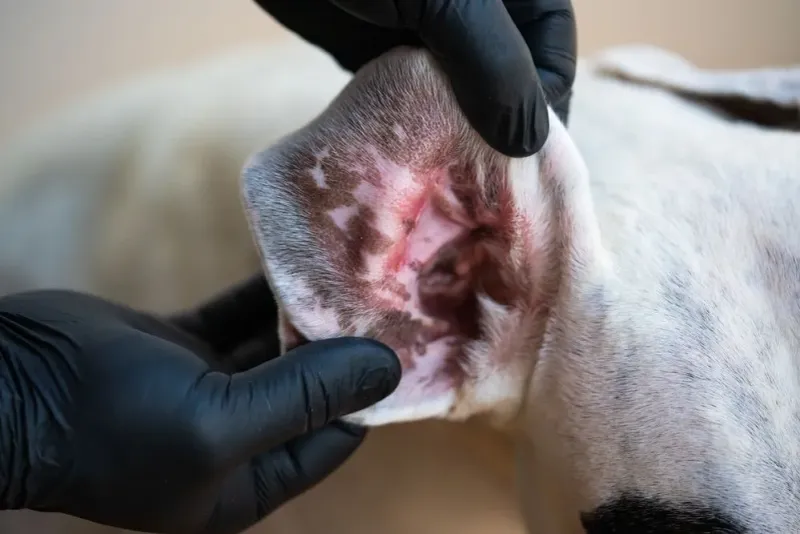
Itchy ears can be more than just an annoyance, as they may indicate ear infections or mite infestations.
Look for redness, swelling, or discharge in the ear canal. These signs can lead to further discomfort if not addressed.
Seek veterinary help to diagnose and treat the issue, ensuring your pet’s ears stay healthy and itch-free.
Unusual Eye Discharge
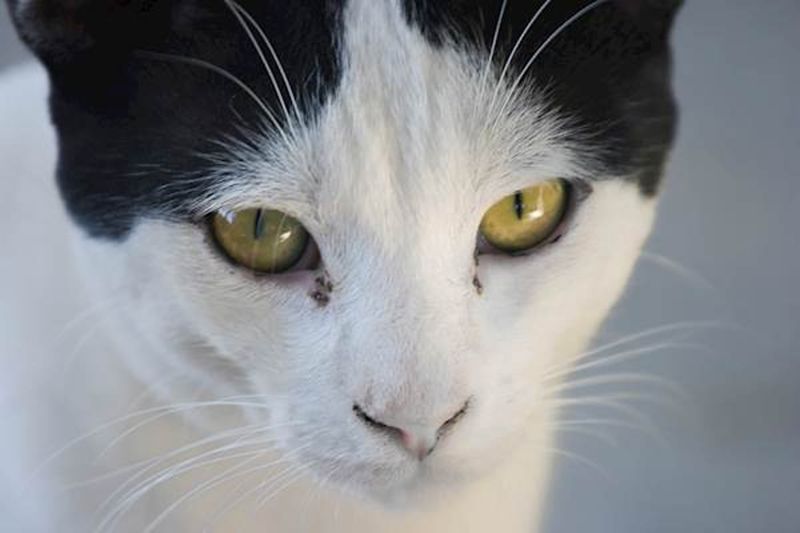
Eye discharge can signal infections, allergies, or more serious eye conditions.
Check for redness, swelling, or changes in eye color. Persistent symptoms require attention to prevent further eye damage.
A vet can provide an accurate diagnosis and treatment plan, ensuring your pet’s vision remains clear and healthy.
Panting or Labored Breathing

Unusual panting or labored breathing can indicate heatstroke, respiratory problems, or heart conditions.
Monitor if this behavior occurs at rest or persists without obvious cause.
Visiting a vet can assess the seriousness of the situation and provide necessary treatment to ensure your pet’s comfort and health.

